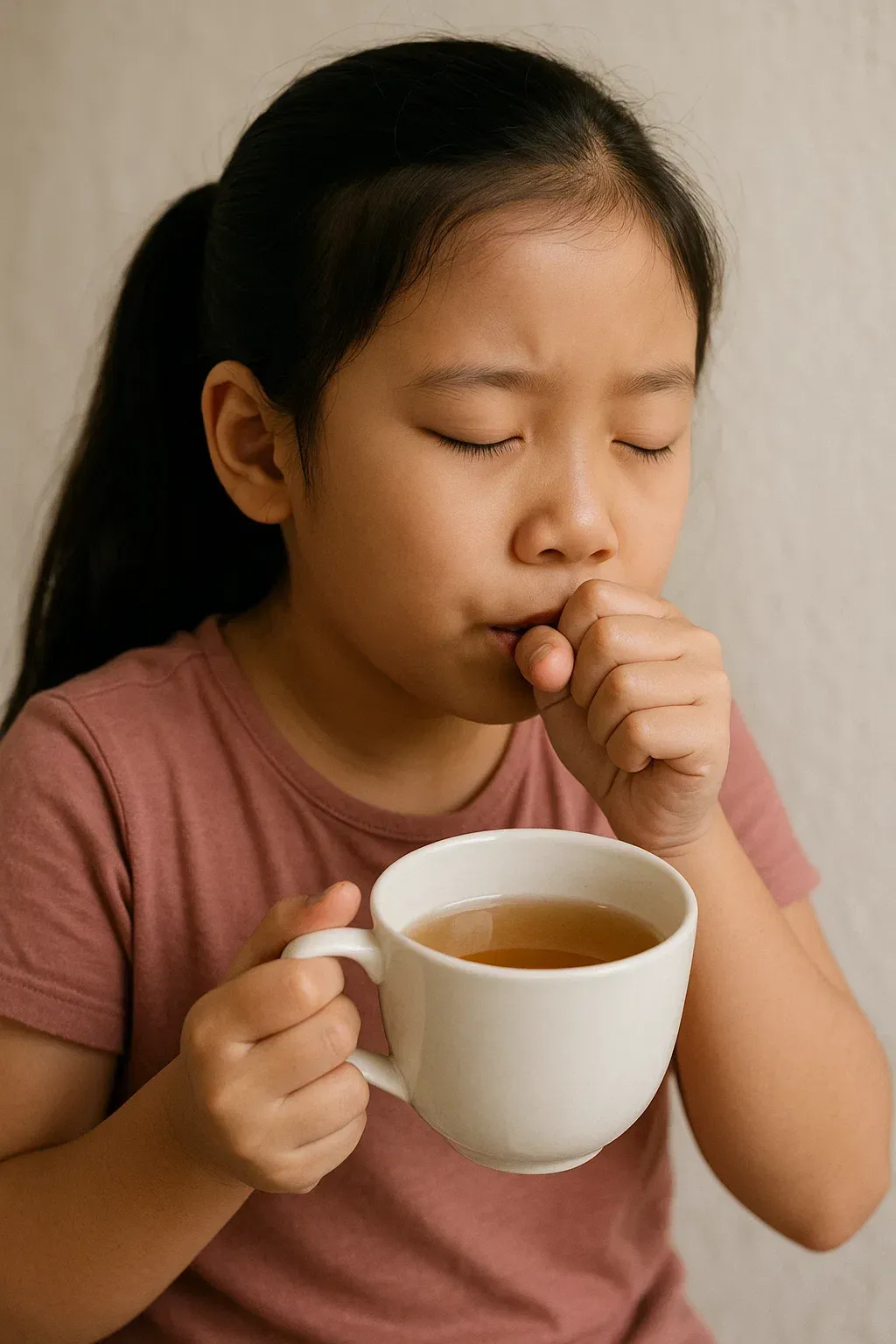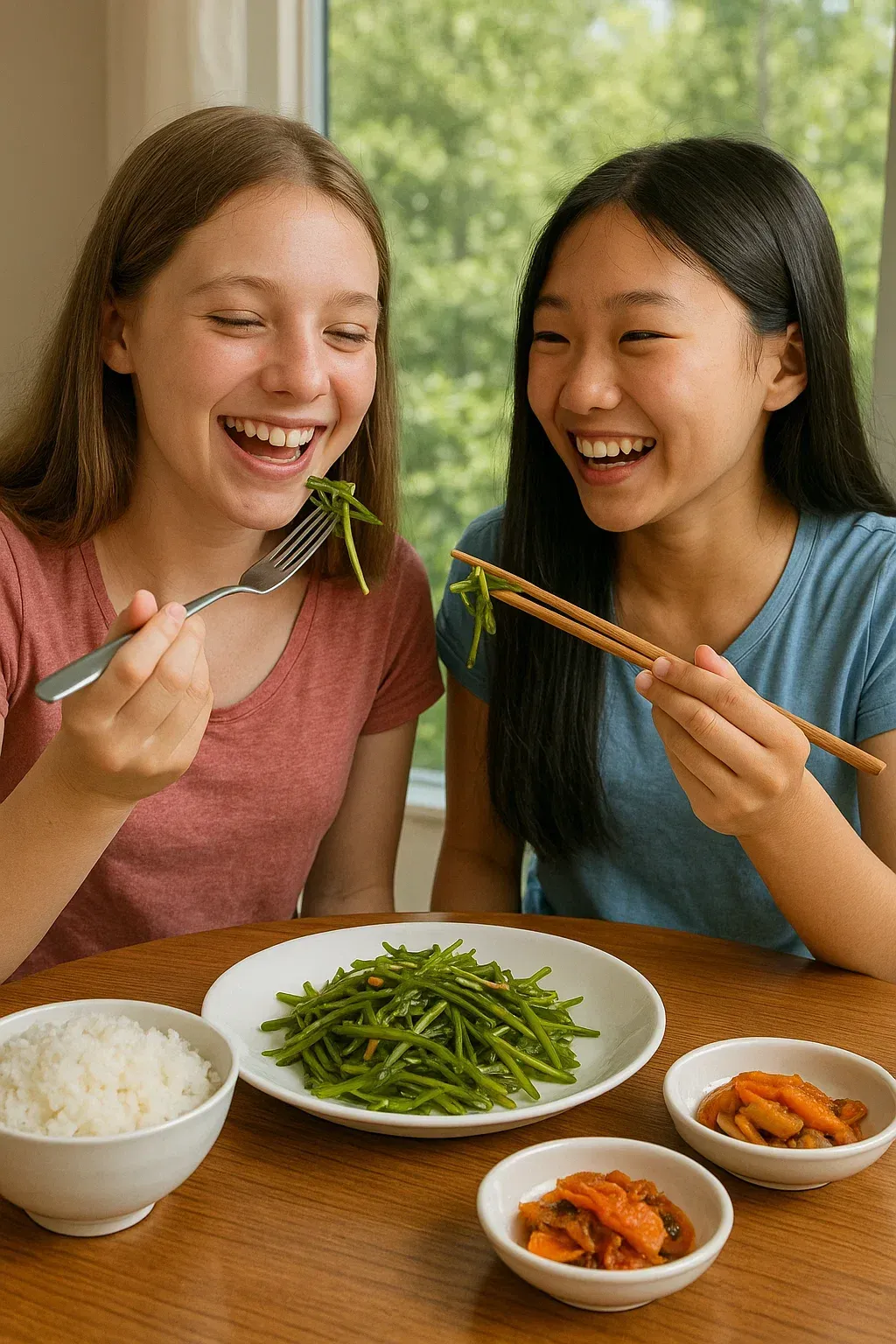The Retaining Essence: A Urologist's Guide to Cornus Fruit (산수유)
In Traditional Chinese Medicine (TCM), the focus is often on nourishing and building, but sometimes the most critical function is to retain and conserve the body's vital resources. The bright red fruit of the Cornelian Cherry, known as Shan Zhu Yu (山茱萸), is the master of this essential conservation. As a Urologist specializing in holistic approaches, I see this herb as a foundational tonic for supporting kidney function, reproductive health, and overall endurance.
The Power of Astringency: Conserving Kidney Essence (Jing)
Shan Zhu Yu is classified as sour and slightly warm, primarily targeting the Kidney and Liver meridians. Its signature traditional function is astringency—the ability to hold and prevent leakage of the body's essential fluids and energy (Jing). This makes it indispensable for conditions related to deficiency where the body is unable to hold onto its resources, such as frequent urination, profuse sweating, or premature ejaculation.
Scientifically, Cornus fruit is rich in beneficial compounds, including iridoid glycosides (like cornuside), tannins, polysaccharides, and various vitamins. These components lend the fruit potent antioxidant, anti-inflammatory, and neuroprotective activities, which scientifically support its traditional use in fortifying the body's core functions.
The Science-Backed Benefits of Cornus Fruit
Modern research supports the traditional reverence for Shan Zhu Yu, particularly in areas related to urology, vitality, and core endurance:
- Kidney and Urinary Support: Shan Zhu Yu's primary use is to stabilize and bind the Kidney Qi, which governs the urinary system. By firming the Kidney function, it is traditionally used to treat issues like frequent nighttime urination, incontinence, and chronic bedwetting. This action helps conserve the body's precious fluids and supports the overall health of the urinary tract.
- Tonic for Essence (Jing) and Vitality: The Kidneys are the home of Jing (Essence), the root of vitality, reproduction, and endurance. By preventing the leakage of this Essence, Shan Zhu Yu indirectly strengthens the entire system. This action contributes to improved physical stamina, better recovery from exertion, and enhanced mental focus, countering the feeling of being chronically "drained."
- Cardiovascular and Liver Support: The tannins and iridoid glycosides in Cornus fruit possess significant antioxidant activity, which helps protect cardiovascular tissues and the liver from oxidative damage. This systemic anti-inflammatory support helps maintain healthy blood vessel elasticity and contributes to healthy blood pressure regulation.
- Addressing Excessive Sweating and Deficiency: For individuals who experience abnormal amounts of sweating (particularly night sweats) or other excessive fluid loss due to internal deficiency, Shan Zhu Yu is used to tighten the exterior and prevent this unnecessary depletion, helping the body restore its natural balance.
Important Considerations for Using Shan Zhu Yu
Shan Zhu Yu is a gentle, yet powerful herb best used for chronic deficiency patterns, not for acute conditions or excess heat.
- Usage: It is most commonly found in traditional formulas, such as the famous Liu Wei Di Huang Wan (Six-Ingredient Rehmannia Pill), where it works alongside Rehmannia to balance the Kidney's functions. It can also be decocted into a tart tea.
- Taste: The sourness of the fruit is indicative of its astringent function.
Important Cautions: Due to its binding nature, Shan Zhu Yu should not be used in cases where there is an acute illness or where excessive internal heat or dampness needs to be released from the body. Always consult with a qualified TCM practitioner or integrative health professional before incorporating Shan Zhu Yu into your regimen.
Shan Zhu Yu is a profound reminder that true strength often lies in conservation. By harnessing the preserving power of this bright red berry, you are supporting the body's core essence for enduring health and vitality.
- Dr. Chumgmoo "John" Huh, DAcCHM, L.Ac, Dipl. OM -











